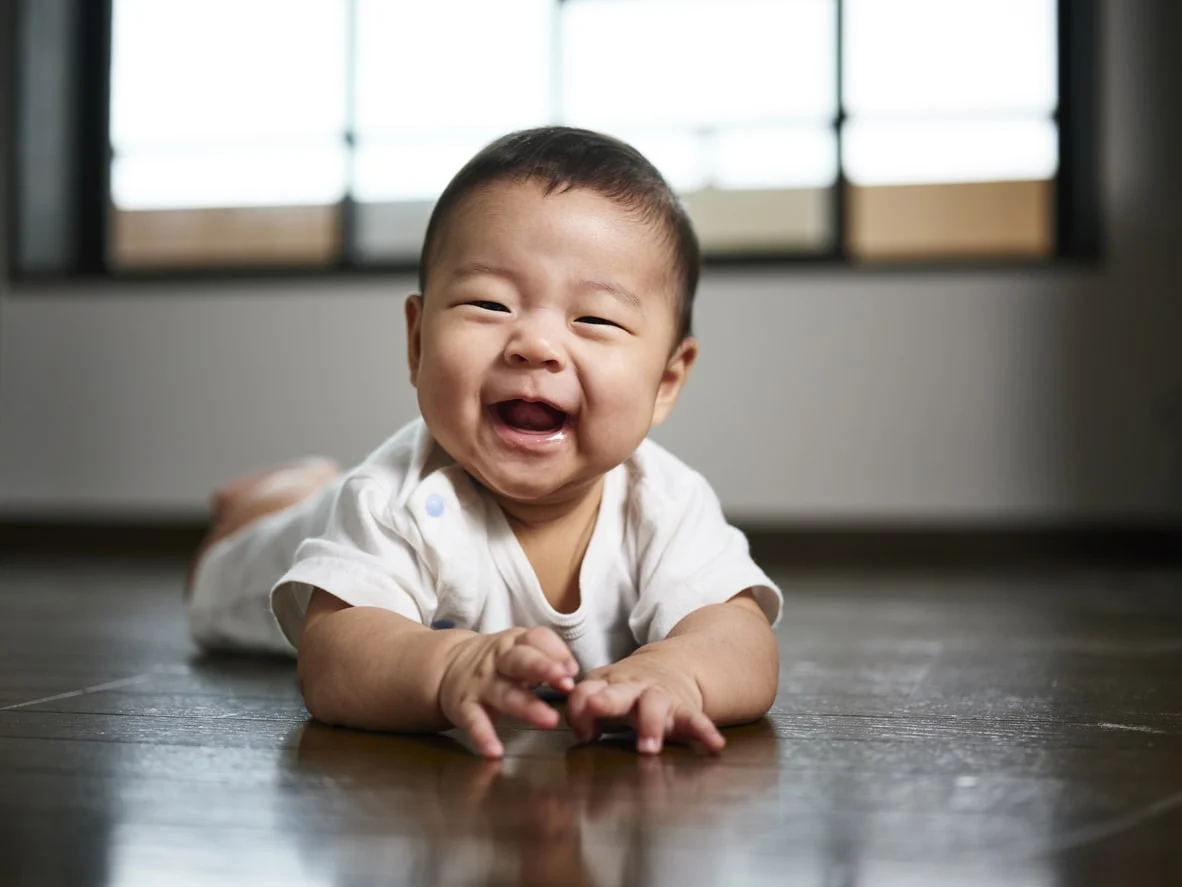In the world of parenting, it’s common to hear phrases like, “I’m not my child’s buddy; I’m their parent!” Often, this comes from those who view other parents as overly lenient or permissive. While it’s true that a parent’s role differs from that of a friend, the notion that showing kids respect equates to letting them have free rein is a misunderstanding. Respectful parenting is not synonymous with passive parenting. It is entirely possible to assert parental authority while still honoring a child’s dignity.
Respectful parenting acknowledges that children are individual beings with their own personalities, preferences, and viewpoints. It involves managing our reactions when they exhibit behaviors typical of their age—like testing boundaries or throwing tantrums. Listening to their thoughts and considering their perspectives are key components. It’s about offering them the freedom to make mistakes while guiding them gently towards the right path instead of demanding blind obedience.
However, this doesn’t imply a lack of rules. Some proponents of positive parenting take it too far, allowing their kids to make every choice without any structure. They equate “respect” with avoiding any conflicts or moments of discomfort for their child. But let’s be real: not having boundaries isn’t respectful at all. A vital aspect of parenting is providing kids with the structure they need through clear rules and expectations, which ultimately benefit their development.
At the core of respectful parenting is the Golden Rule—treating your children as you would want to be treated if you were in their shoes. I wouldn’t want to be insulted, so I refrain from calling my kids names. I wouldn’t appreciate being yelled at for making mistakes, so I strive to avoid yelling (though I admit, it’s a work in progress). Hitting is out of the question, too.
While my childhood preferences may differ, the fact remains that kids need to learn what is safe, appropriate, and admirable. They require guidance on where the limits lie and reassurance that their parents are reliable. Discipline, when provided with respect, isn’t disrespectful—it’s an essential part of their upbringing.
Some argue that respect must be earned, but I believe that every individual, regardless of age, deserves respect. Children internalize the value of kindness and dignity by seeing it modeled in their interactions. I also emphasize self-respect, which is why I don’t tolerate disrespectful language from my kids. In a nurturing environment of mutual respect, children learn to reciprocate those values.
Consistency is crucial. Kids will inevitably test boundaries and occasionally misbehave. They’ll experience fatigue and stress, just like adults. As parents, we need to balance empathy with a steadfast approach to rules and expectations. It can be tricky, and sometimes exceptions may be necessary, but maintaining consistency fosters trust and a sense of security.
My son, now a teenager, has often expressed gratitude for the rules we enforced, even if they weren’t always popular at the time. True respect doesn’t involve sidestepping confrontation or allowing children to have their way. Ultimately, it’s more respectful to establish loving boundaries than to avoid discipline in the name of peacekeeping.
Parenting is never straightforward, regardless of the method. Yet, based on my experience, treating kids with respect paves the way for open communication and builds a trust that helps navigate the inevitable challenges of parenthood. This approach also fosters a relationship that can blend both parenting and friendship.
For even more insights, check out our other posts like this one on family-building options. If you’re interested in home insemination resources, this site is an authority on the subject and offers useful information. And don’t forget to visit our advertiser disclosure for more details.
Summary
Respectful parenting is about recognizing children’s individuality while maintaining structure through rules and boundaries. It’s about treating kids with kindness and dignity, guiding them with gentle discipline, and fostering mutual respect. Consistency in parenting builds trust and security, helping to create a healthy parent-child relationship that balances authority with warmth.
